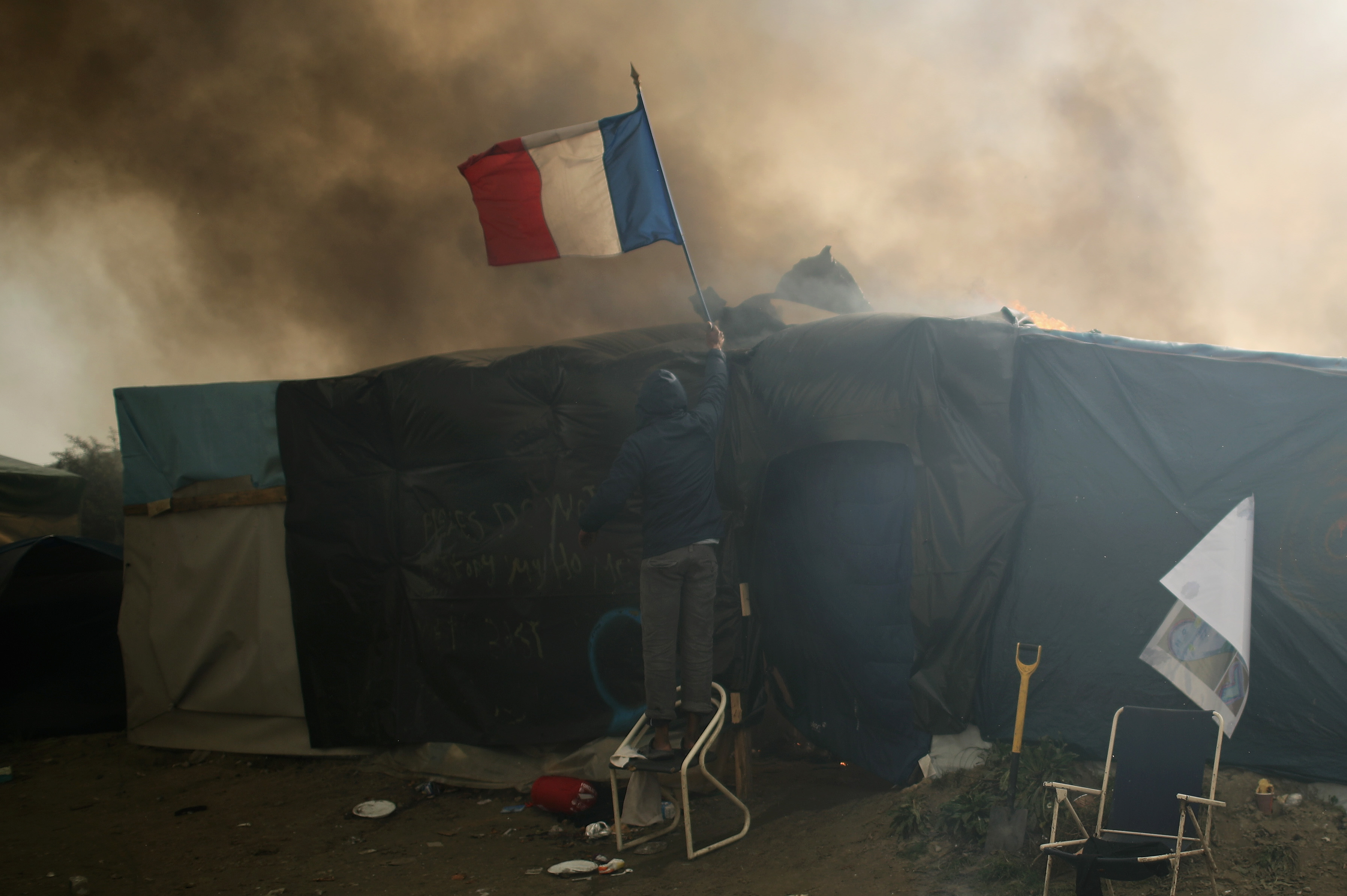Why the next French president can't fix France's problems
Whoever wins will have their hands tied from the beginning


A free daily email with the biggest news stories of the day – and the best features from TheWeek.com
You are now subscribed
Your newsletter sign-up was successful
France's presidential contenders have been in the news a lot lately. This week, François Fillon, a former prime minister, came in first in the first round of the primary for the main conservative party, the Republicans. Next, Fillon will face his opponent, Alain Juppé, in a second round of voting, and whoever wins will become the Republican nominee and go on to compete in the presidential election in April 2017.
While that may seem like a long time from now, we will probably spend the next months bathed in tweets, press releases, leaks, interviews, echoes of rallies, and so on.
And yet, for all the grandiosity, for all the pomposity, it looks all but guaranteed that the next president, whoever that may be, will be unable to do anything about the key issues facing France today.
The Week
Escape your echo chamber. Get the facts behind the news, plus analysis from multiple perspectives.

Sign up for The Week's Free Newsletters
From our morning news briefing to a weekly Good News Newsletter, get the best of The Week delivered directly to your inbox.
From our morning news briefing to a weekly Good News Newsletter, get the best of The Week delivered directly to your inbox.
What are those issues, exactly? If you were to ask French voters, they would say jobs, immigration, and national identity.
Let's start with jobs. The conventional wisdom is that France has suffered from mass unemployment for 30 years because the job market is overregulated and overtaxed. This is true, but only partly. President François Hollande has already tried and failed to stem unemployment by slightly cutting payroll taxes (a bit) and deregulating the labor market (a bit) and earned nothing but a blip. France's problem is that it's stuck in a bad equilibrium, without enough demand to hire all those workers. Combined with economic stimulus, an agenda of deregulation and tax cutting would spur employment. Without stimulus, it will just fatten companies' profit margins.
For economic stimulus to work, you either have to provide fiscal stimulus, cutting taxes and/or increasing government spending, or provide monetary stimulus by increasing the amount of money in circulation in the economy through the central bank. The problem? The French state controls neither of these levers. It is bound by treaty to respect deficit targets, and while France has some wiggle room, it doesn't have much. The country's monetary policy is set in Frankfurt by the European Central Bank. Barring a political sea change, France simply does not have the tools to fix its own economy.
How about immigration? Here, once again, France is only partly a master of its fate. The country can set some of its immigration policies, but not all of them. As a member of the European Union, France has to treat everyone in Europe as a legal permanent resident. What's more, the migrant crisis has flooded the continent with migrants, and the way those migrants are welcomed — how many go to which countries — is, again, decided at the European level. Whatever French citizens think about migrants, voting in the presidential election probably won't influence the immigration situation one way or another.
A free daily email with the biggest news stories of the day – and the best features from TheWeek.com
And finally, what about national identity? This is an important question, because while France is no longer undergoing an economic and political crisis, it is undergoing an identity crisis. But unfortunately, the country's politicians can't do much about it. National identity is the product of history and culture. Politics can maybe influence it at the margins, but in the short term, that's about it.
As the campaign grinds on, look for occasional dispatches about what it all means. But also, be realistic about the extent to which it really matters.
Pascal-Emmanuel Gobry is a writer and fellow at the Ethics and Public Policy Center. His writing has appeared at Forbes, The Atlantic, First Things, Commentary Magazine, The Daily Beast, The Federalist, Quartz, and other places. He lives in Paris with his beloved wife and daughter.
